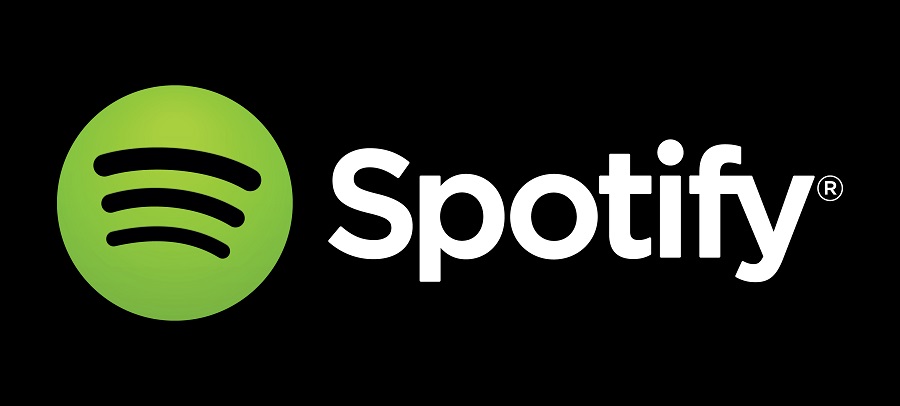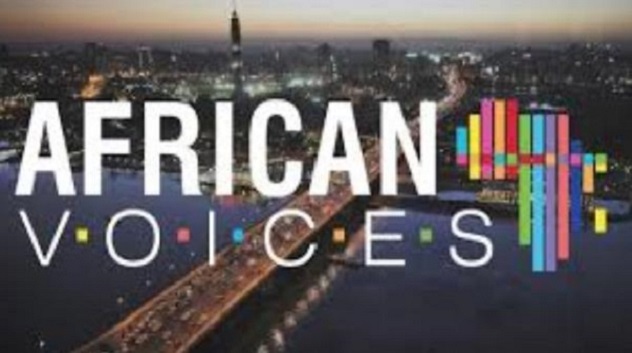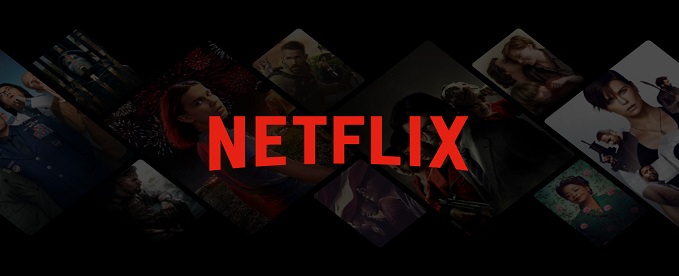Broadcasting
Meta Research Reveals Trends and Behaviours of Consumers During Ramadan

Ramadan is unlike any other time of year. It is a season of transformation that changes the behaviours and attitudes of many people around the world and provides them with a renewed sense of purpose.

This global season of reflection and introspection is observed by almost two billion people around the world, fasting daily and connecting with friends and family. Gifting and shopping are also a big part of the Ramadan season and as a result, many discoveries are taking place across borders because of the shifts in people’s openness to explore new things during Ramadan.
Elizma Nolte, Head of Marketing, Africa at Meta said: “Ramadan is a time of transformation and celebration for people around the world. By enabling easier discovery, reducing friction and delivering messaging that feels inclusive and representative, brands can meaningfully connect with this diverse community of observers and shoppers.”
To better understand the behaviours of people who observe Ramadan and who shop for this season, Facebook IQ, Meta’s Insights and Research division, in partnership with YouGov, a global public opinion and data company, has unveiled findings of a study conducted during Ramadan 2021 titled ‘Ramadan and Eid Study’, with over 18,000 respondents across twelve countries including Nigeria. Approximately 1,500 interviews were completed with samples that were representative of the adult online population across age, gender and region in each market.
The research highlights the booming e-commerce industry is significantly driving the digital economy in Nigeria. Here are four tips for Nigerian businesses to leverage shift in mindsets and effectively unlock new opportunities for discovery during the season:
● Discover how people support businesses during Ramadan
The theme of giving back is deeply rooted in Ramadan. People are increasingly giving back with time and money – and this extends to local businesses too. 86% agree that brands should find ways of giving back during Ramadan. As people personally contribute to their communities, they increasingly expect the same of businesses. They want brands to express their values, speak authentically and stand up for causes they care about. In fact, the research also shows that 71% of survey respondents in Nigeria became more interested in a brand after learning about their business practices. That is why brands must raise awareness of their support for local businesses and the community during the month of good in a clear and simple way. During Ramadan, 50% of respondents say that they show support for local businesses by following or liking their business page on social media. 49% of respondents say that they support local businesses by making a conscious effort to purchase from them while 48% of respondents recommend small businesses to family and friends. By leveraging this information, local businesses can better position themselves to be discovered during the #MonthOfGood, giving them an opportunity to drive commerce and reach new audiences.
● Learn about content preferences
During Ramadan, people look to Meta services like Facebook and Instagram to connect with online communities, stay entertained and learn new things. They also desire inclusive and representative Ramadan content from brands on Instagram and Facebook. The research shows that 96% of survey respondents in Nigeria are open to brands/businesses advertising to them on Facebook or Instagram during the Ramadan/Eid al-Fitr season. While the majority of the respondents would like to see content that is informative, authentic, inspiring and creative, 49% of respondents say that they would also like to see content that updates them on latest offers and discounts. Knowing this, businesses can leverage Meta services to reach new audiences and unlock opportunities for commerce.
● Explore partnerships with Creators and Influencers
Creators offer a new source of credibility. Amongst the Ramadan observing and shopping community surveyed in Nigeria, 53% agreed that public figures and celebrities influence their purchasing decisions as they offer impartial advice. Interestingly, 77% of these respondents also say that following these public figures is a great way to discover new trends. With the world of creators predicted to grow by another $4.1billion this year alone, now is the time for brands to engage and partner with creators to help reach new audiences in an authentic way and should explore collaborating with creators who can inspire, generate deals and announce trends.
● Explore purchasing behaviours
There is a need for businesses to dive deeper into how people evaluate and make purchases for the season and what factors inform those market decisions. The demand from shoppers online is greater than ever as they spend less time shopping in physical stores during the month of Ramadan. 88% of respondents say online shopping is the easiest way to discover products, indicating a 4% increase from 2020. This shows that more people have embraced online shopping as the preferred alternative for making purchases during Ramadan.
The research shows 82% of respondents agreeing that Facebook and/or Instagram helps them discover new products and services during the Ramadan season with 72% of respondents buying products this Ramadan that they first discovered on Facebook and/or Instagram. 74% of the respondents also confirmed they would try new brands when they shop e-commerce and retail. This means that brands must leverage the different purchasing behaviours during the month of Ramadan and adapt their business to reach the right audience online, where they are most likely to be found.
Broadcasting
Burna Boy, Other Nigerian Artists Pocket $38m from Spotify in 2024

Spotify, the Swedish audio streaming and media service provider, paid over $38 million in royalties last year to Nigerian artists who are riding on the wave growing interest in music from Nigeria and African continent.

Elsewhere, South African performers reached $21 million, up 54 per cent year- on-year.
In total the two biggest African markets got around $59 million last year.
Meanwhile, the Swedish company paid out some $10 billion in royalties worldwide in 2024.
And while Africa represents only a small part of its offering, interest in African artists has ballooned, buoyed in part by internationally recognised acts like South African singer Tyla and Nigeria’s Burna Boy.
Around 250 million user-created playlists now feature at least one Nigerian artist, and 220 million contain a South African, the company said on Thursday.
“What we’re seeing is an excellent evolution around more and more mid-tier or up-and-coming artists making a living,” said Jocelyne Muhutu-Remy, Spotify’s managing director for Sub-Saharan Africa.
Much of that came from outside their home markets.
Nigerian artists have seen a 49% increase in export growth over the past three years, while South Africa saw export growth of 104%.
The number of Nigerian artists earning 10 million Naira, meanwhile, doubled year-on-year and has tripled since 2022.
In South Africa, the number of those earning between 100,000 and 500,000 rand has doubled over the past three years.
Broadcasting
Glo-sponsored African Voices Changemakers Celebrates Nathaniel Bassey, Mercy Chinwo

CNN International’s magazine programme, African Voices Changemakers, sponsored by Globacom, will this week celebrate two of Africa’s biggest gospel music stars, Nathaniel Bassey and Mercy Chinwo.

The 30-minute programme will showcase the gospel stars who are expected to bring their unique gospel vibes to the show.
Nathaniel Bassey, a Nigerian singer, trumpeter, and gospel songwriter, has gained massive popularity with his songs like “Yahweh Sabaoth”, “Ebenezer”, and “Tobechukwu”.
Born on August 27, 1981, Bassey studied International Relations and Politics at the University of Lagos and later Music at Middlesex University Summer School in the UK., Bassey’s music has inspired countless fans around the world.
The second guest, Mercy Chinwo, is a Nigerian gospel singer, actress, and songwriter who began her music career at age six. She signed with EeZee Conceptz in 2017 and released her first single “Excess Love” in 2018.
Chinwo has won several awards, including the Gospel Artiste of the year at the AFRIMMA Awards in 2020. With her powerful voice and captivating stage presence, Chinwo has made a significant impact on the gospel music scene across the globe.
African Voices Changemakers will air on Saturday at 8:30 a.m., with repeats on the same day at noon, and on Sunday at 4:30 a.m. and 2 p.m. The show will also air on Monday at 4 a.m. The same broadcast schedule will be repeated next week.
Broadcasting
Netflix Expands Language Options on TV to Capture Global Viewers

Netflix has expanded its language options for television viewers, allowing users to select from the full list of available subtitles and dubbing languages for any title.

This update aims to make Netflix’s global catalogue more accessible, especially as nearly a third of its viewership comes from non-English language shows.
Previously, TV users could only choose from a limited selection of languages based on their location and settings.
Now, they can access the complete range of available languages for any title, similar to the flexibility already offered on mobile devices and web browsers.
For instance, a user can watch an English title like “Bridgerton” with Spanish dubbing and Korean subtitles, or opt for Japanese dubbing with Portuguese subtitles.
Netflix offers subtitles in 33 languages and audio dubbing in 36 languages across its catalogue, though the exact number of available languages may vary by title. This change responds to numerous user requests for more language options on TV platforms.
This move reflects Netflix’s commitment to enhancing accessibility and catering to its diverse global audience by providing more inclusive viewing experiences.

 General News3 days ago
General News3 days agoAirbnb Community Fund Donates ₦13 Billion to Nonprofits Worldwide

 General News3 days ago
General News3 days agoNigerian Military Makes History with Africa’s First Attack Drones, Bombs

 Telecom2 days ago
Telecom2 days agoMTN Denies Data Theft Allegations, Says no Financial Incentive to Do So

 News3 days ago
News3 days agoShell, Renaissance Face Legal Action over SPDC Licence Transfer

 Telecom3 days ago
Telecom3 days agoNigeria Heads Anglophone Data Protection Committee

 E-Business3 days ago
E-Business3 days agoKike, Nigerian Tech Firm Launches ‘Kike AI’ for Kitchen Innovation

 E-Financial3 days ago
E-Financial3 days agoSterling Bank Makes Online Transfer Charges Free of Charge

 Telecom2 days ago
Telecom2 days agoVitel Wireless, Nigeria’s First MVNO to Launch Operations This Quarter



























